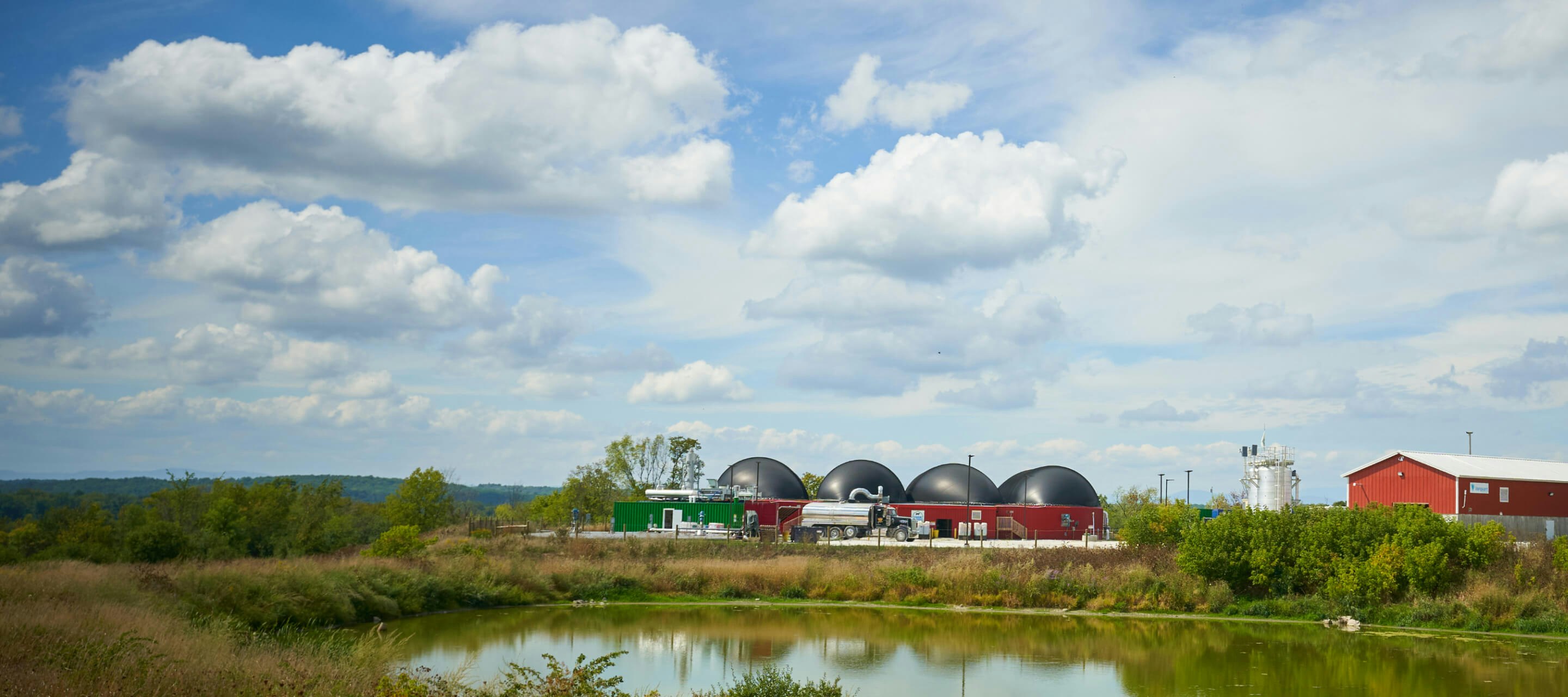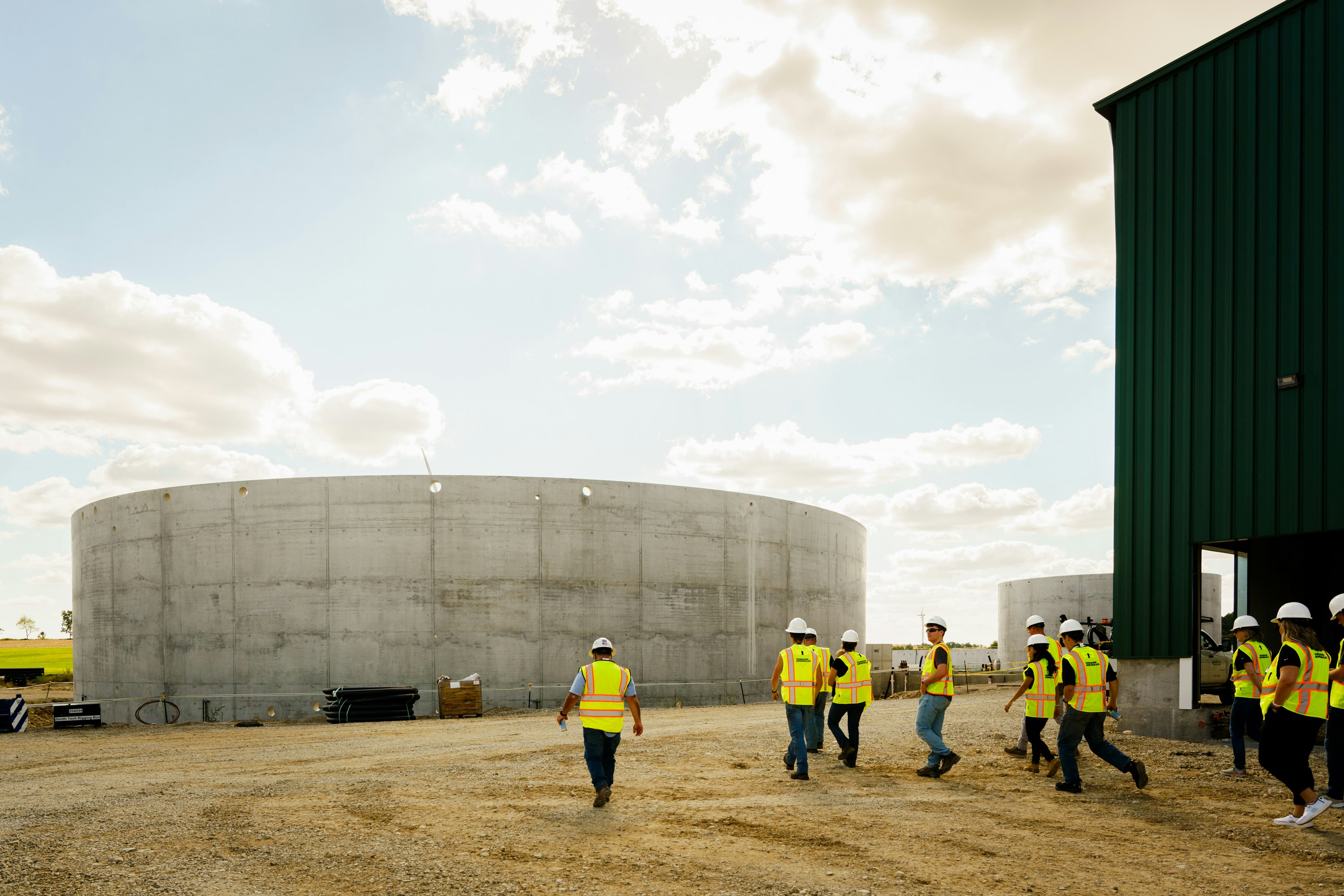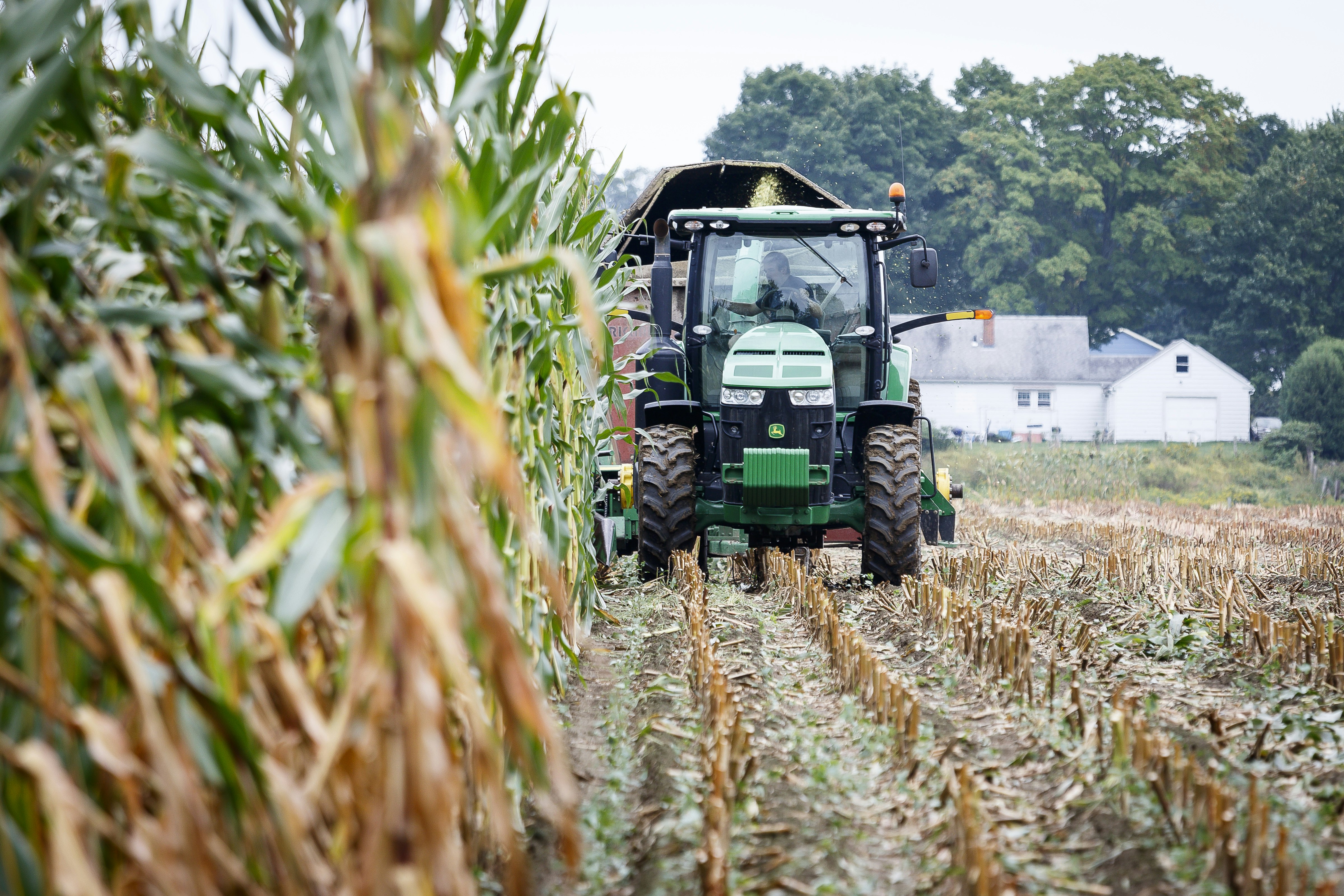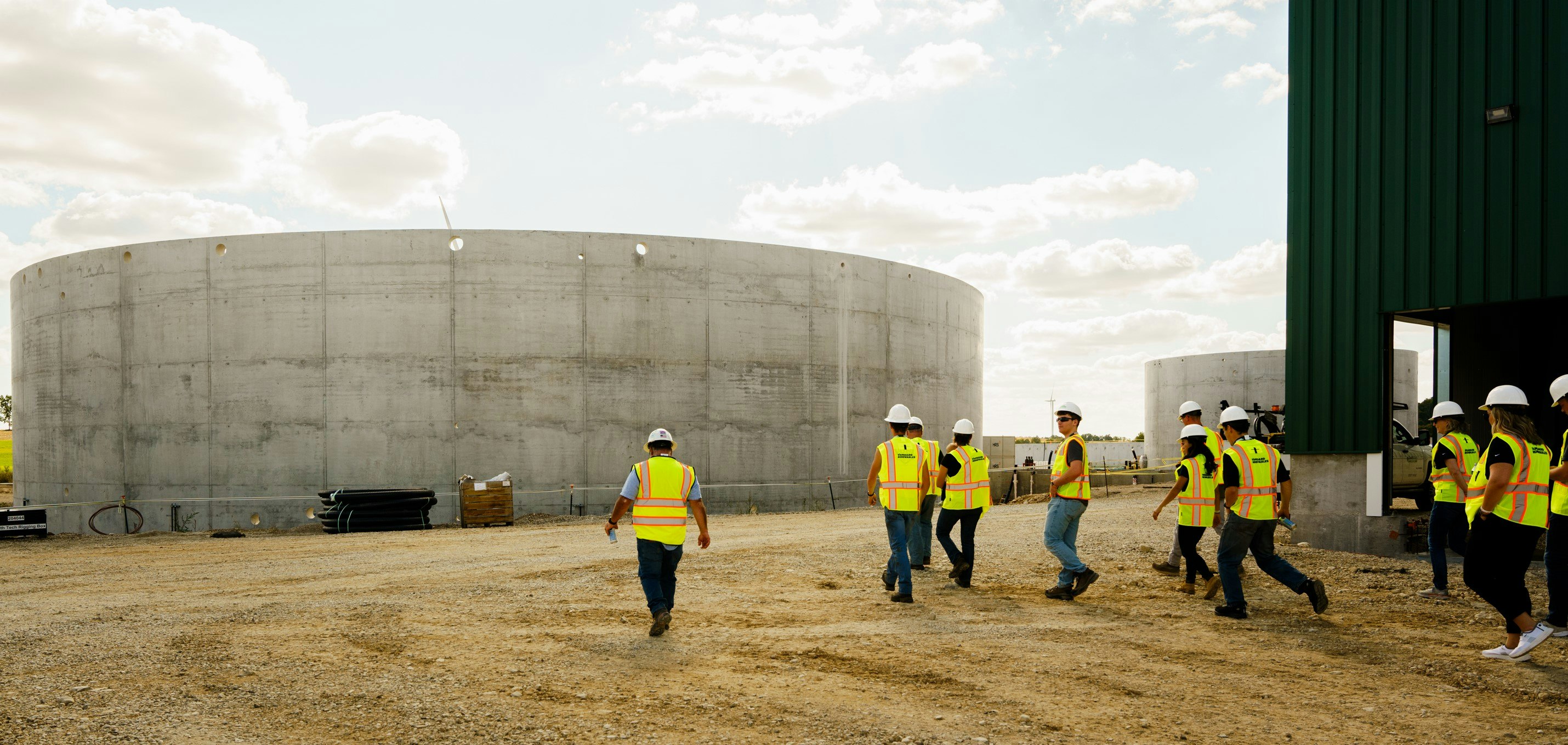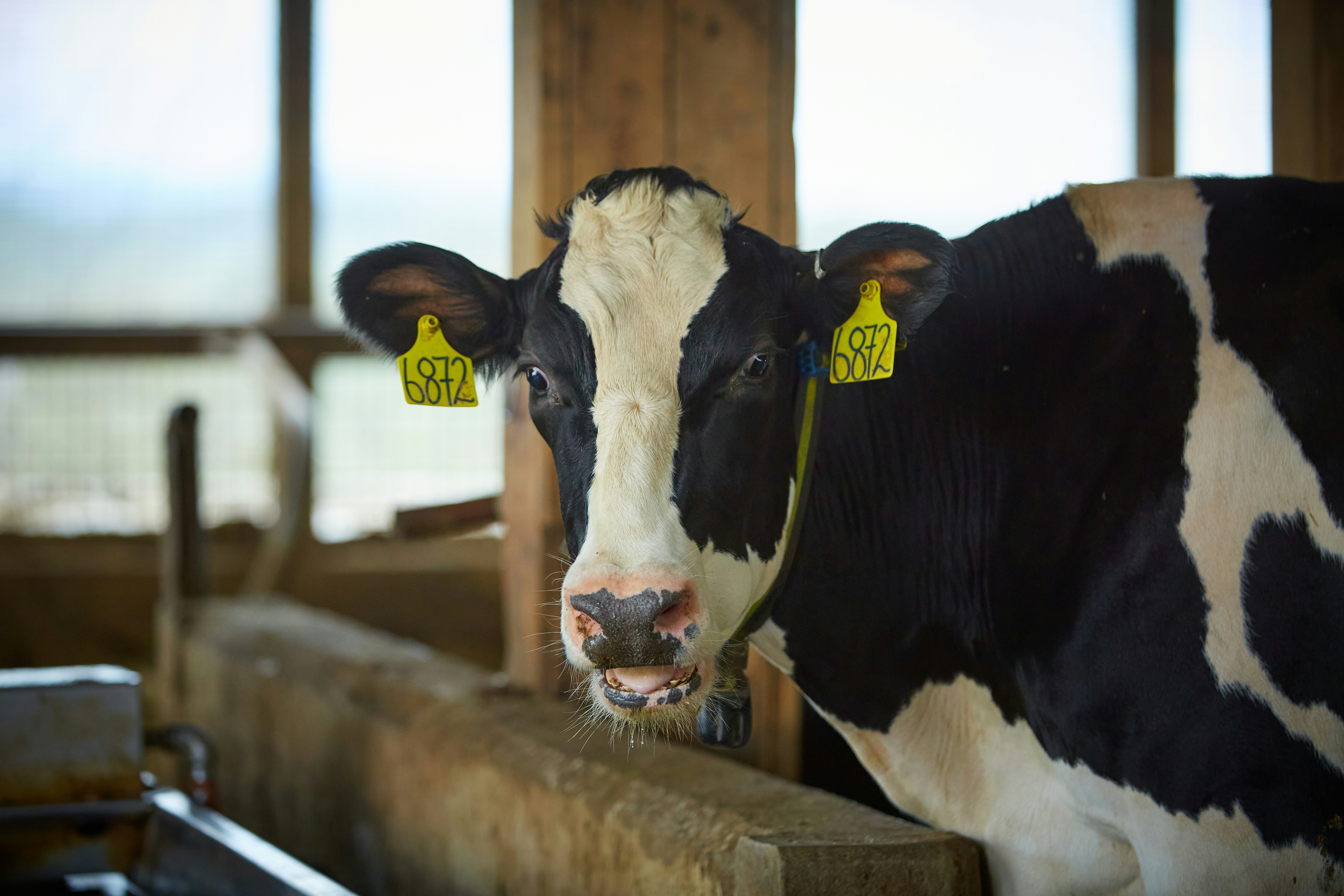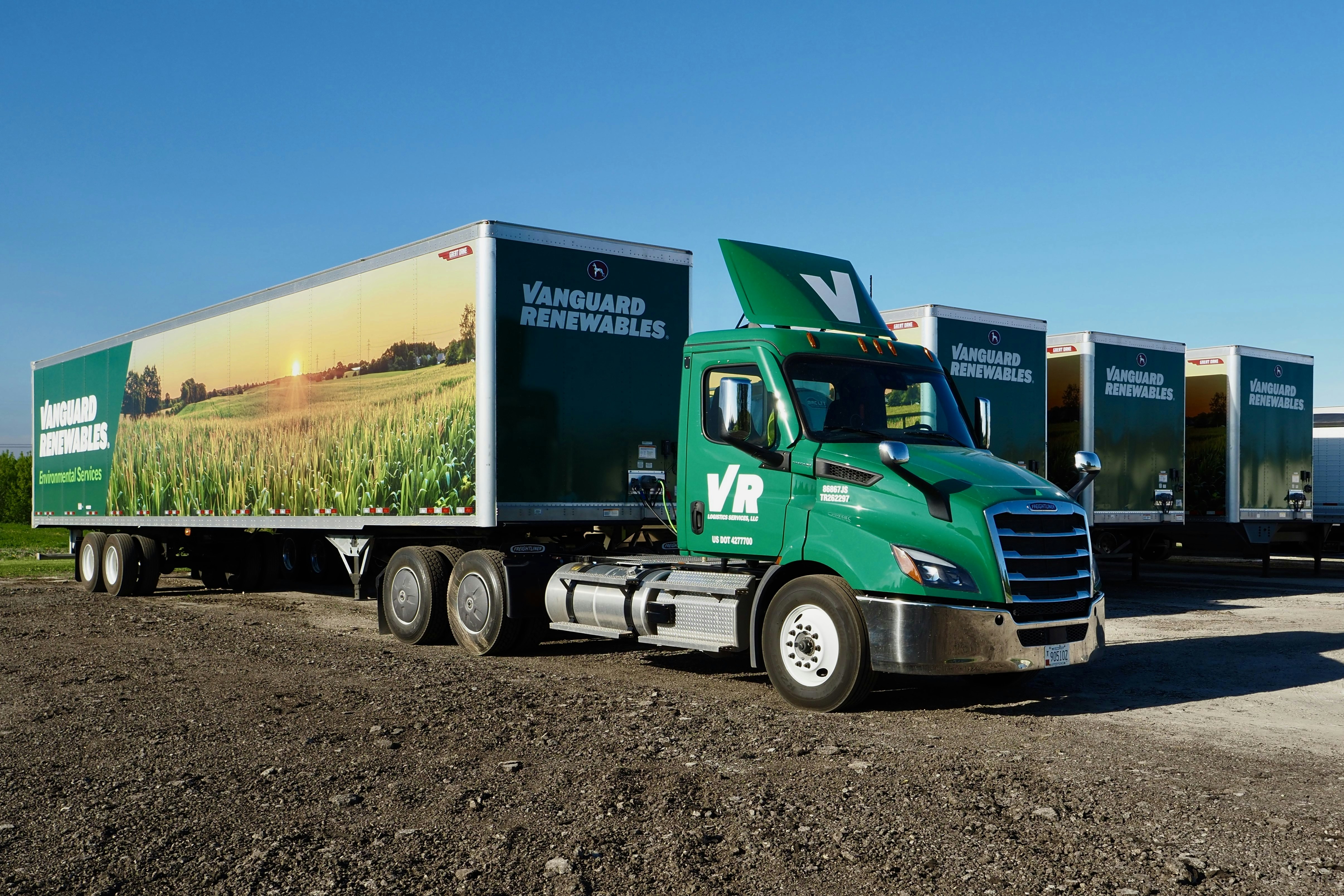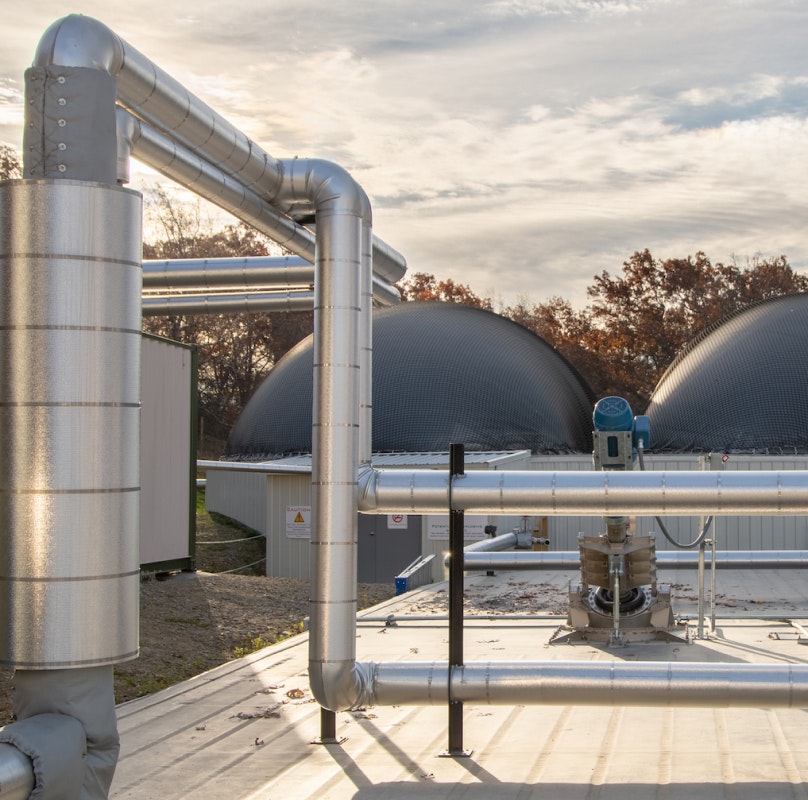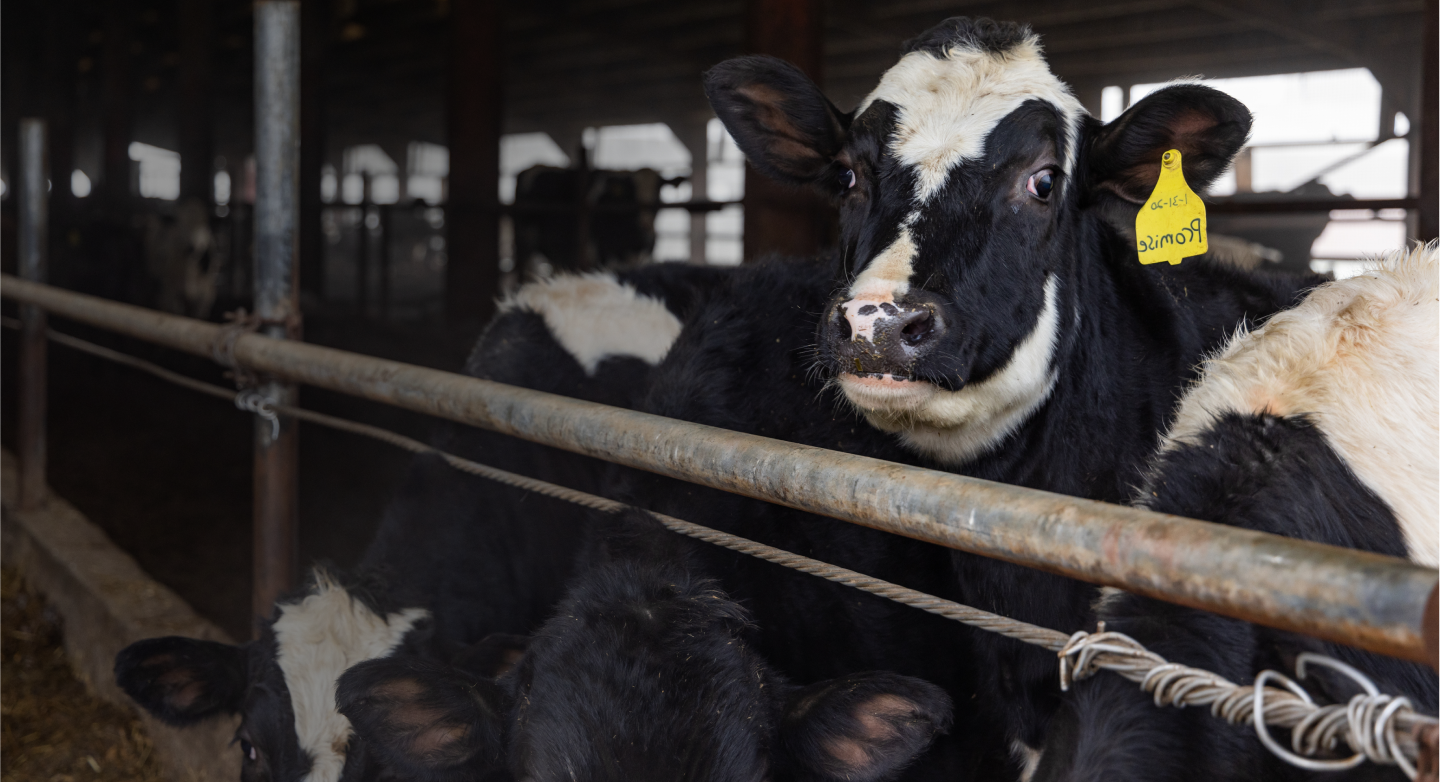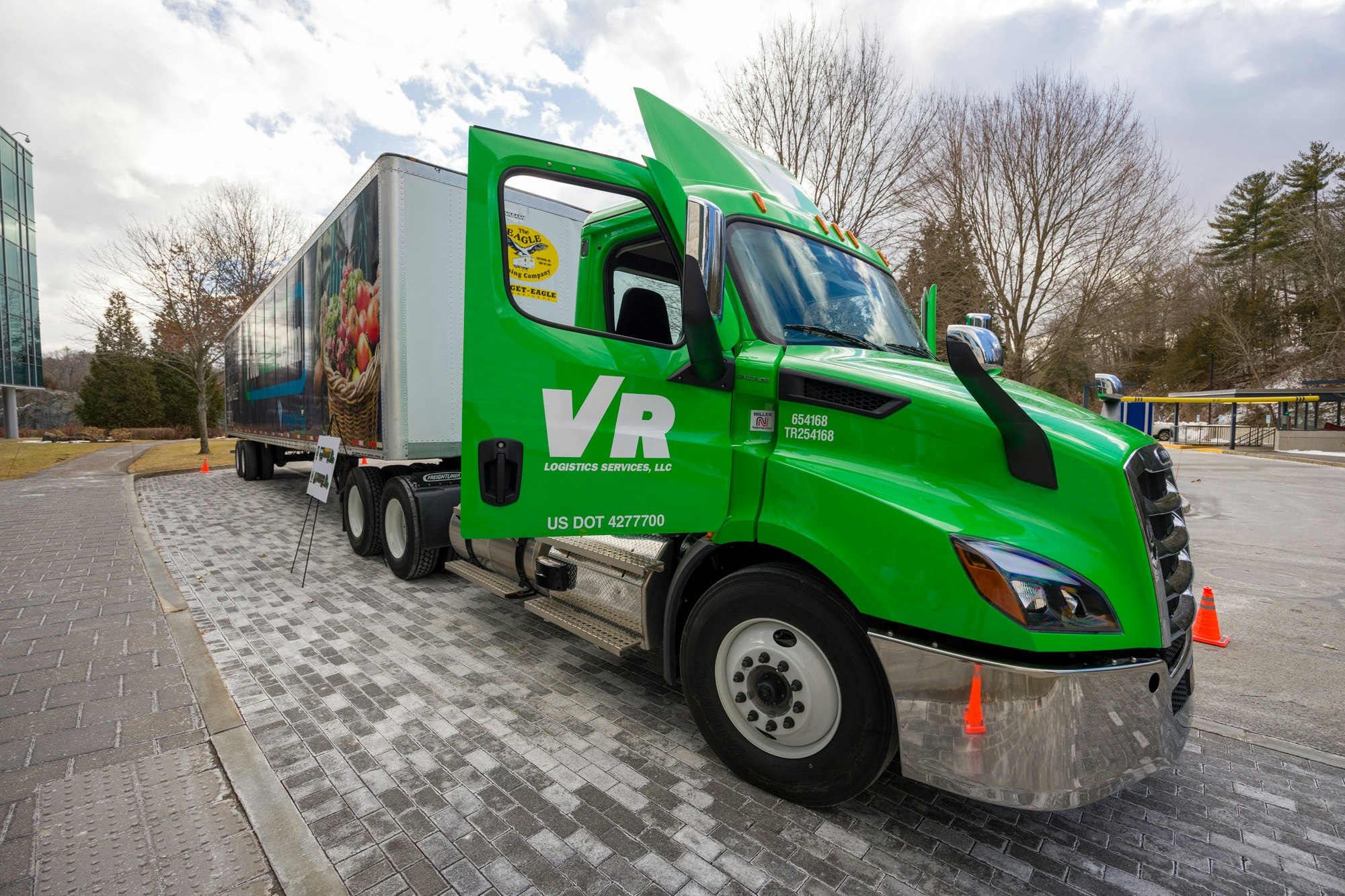All Insights
Warmer Freezers, Lower Emissions

January 23, 2023
The scale and urgency of the climate crisis is difficult to overstate. At present, there are 419 parts per million of carbon dioxide in the atmosphere. This means industrial human activities have increased the atmospheric carbon dioxide levels by 150% since the 1750 baseline year. To combat harmful greenhouse gas emissions, legislative restrictions from the local and global governing bodies alike continue to increase. These emission restrictions target corporations, in turn, forcing businesses to treat their emissions as costly and to assess the sustainability of their brand to mitigate vulnerability in the transformation of the global economy and consumer habits. Yet, the call for companies to reduce their greenhouse gas emissions presents an opportunity for sustainable innovation.
Unilever, a company driven “to make sustainable living commonplace,” is taking action to reduce their carbon footprint in both the operations and value chain of their ice cream products. The global system of food production accounts for 35% of all global emissions with 17.3 billion metric tons of greenhouse gases released each year, according to EPA research. Recently, Roy Horne, Head of Climate Action in Unilever’s Ice Cream business group, discussed how they are increasing the temperature of their cold chain machinery to play their part in minimizing emissions. By changing the design temperature from -18 to -12°C or even higher, Unilever expects energy savings of 20-30% in their cold chain. In fact, Unilever is already experimenting with ingredient variation to accommodate the higher freezer temperatures. Currently, Unilever is conducting pilots in Germany and soon Indonesia, to test their ice cream products with a lower design temperature. And do not fear, increasing the freezer temperatures will not impact the quality or consumer experience of their delicious ice cream. Additionally, Unilever is determined to improve their ice cream products’ sustainability by reducing the carbon footprint of their ingredients. Both the cows on the farms and the dairy products produced come with a large carbon footprint. Unilever is committed to working with their brands’ farms to reduce the emissions associated with the creation of traditional dairy products.
In collaboration with their brands, Unilever is confident that the combination of increasing refrigeration temperatures and improvement of their ingredient footprint will have a significant impact on the company’s overall emissions. Unilever’s thoughtful initiatives and their recognition of their company’s carbon footprint demonstrates their corporate responsibility to the planet and their customers. Unilever recognizes that every entity and individual along the value chain is impacted by climate change. Roy Horne eloquently states, “our carbon footprint is their [the customer] carbon footprint” because reducing emissions necessitates the transformation of every economic sector and from business to consumer. Through their sustainable dairy initiatives and as a founding member of the Farm Powered Strategic Alliance, Unilever is working to fight climate change one pint of ice cream at a time.
